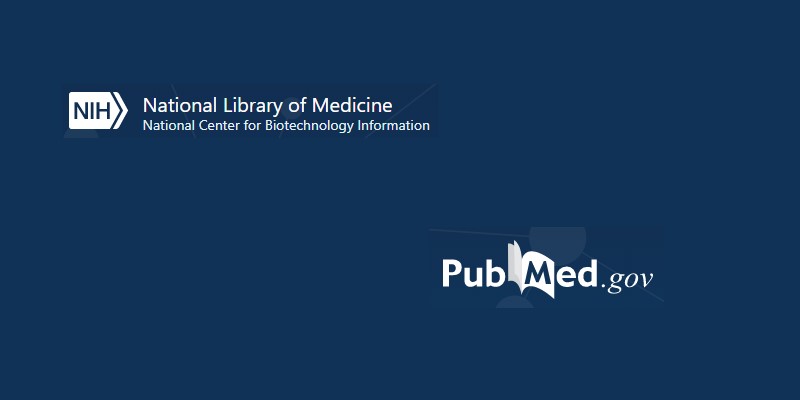
On May 18, 2020, a new version of Pubmed was officially released. Is it necessary to revise your research strategies?
The official launch of the new version of Pubmed does not seem to require an urgent review of your existing strategies. A strategy designed for the old version should work in the new one.
However, due to the improved synonym retrieval, the different indexing of the new version and the default “best match” order, it is possible that a query optimized for the old Pubmed will generate results including more irrelevant articles. This could encourage you to review your strategies quickly.
Improved synonym retrieval
The new Pubmed offers improved recovery of synonyms, plural forms and British / American spelling. This is a handy feature, but PubMed can find keywords that are not relevant to your search. For example, when searching for the keyword "nurse", PubMed will automatically search for the keywords nurse, nurses, nursing, but it will also search the synonyms breastfeeding, (breast AND feeding). Some of the synonyms may not be relevant to you and this generates noise that did not appear in the results from the old version.
To avoid investing a lot of time in reviewing irrelevant results, in the case where a request recovers more noise than in the old version of Pubmed, a review of your search strategy is necessary.
Tools to help you target your results
The advanced search for the new version of Pubmed gives access to the translation of your query (see under details). This allows you to see how your research is interpreted by the system. For targeted results, it is best to add a search field to your terms, for example, Title or Mesh, avoid truncation when possible and use quotes to bypass the automatic term mapping function.
Should I review my search strategies even in the absence of noise?
Regardless of the database used, periodic review of search strategies, filters and limits is good practice. This allows you to update the controlled vocabulary (Mesh or other) and the free vocabulary used as well as to correct errors if necessary. By reviewing your strategies regularly, you will ensure that they are optimal, and you will continue to obtain the best possible results.
Are you short on time to review your Pubmed search strategies, but don't want to pick up noise? Contact us will help you optimize your time.